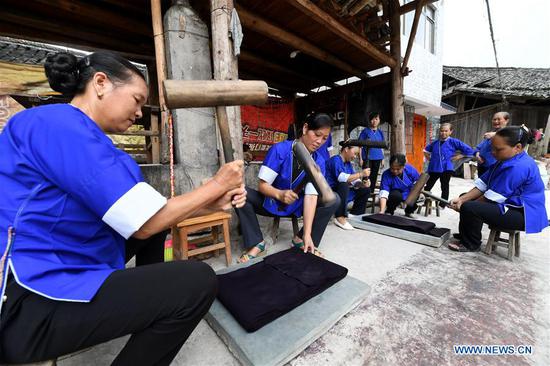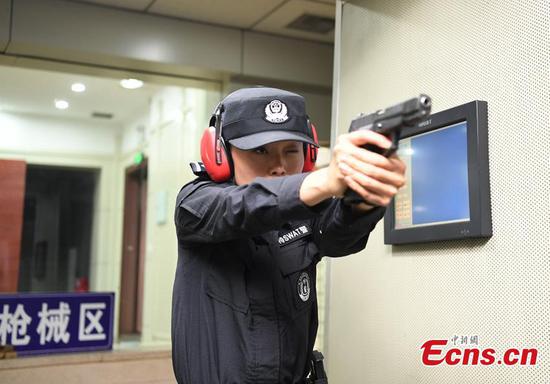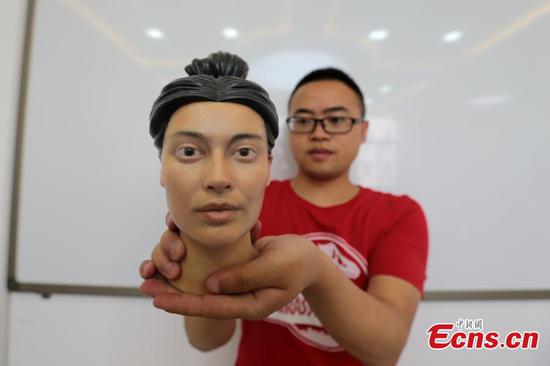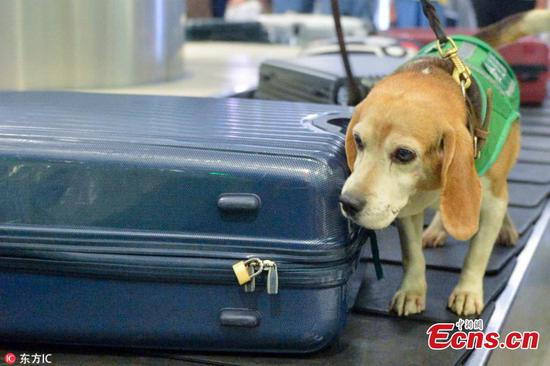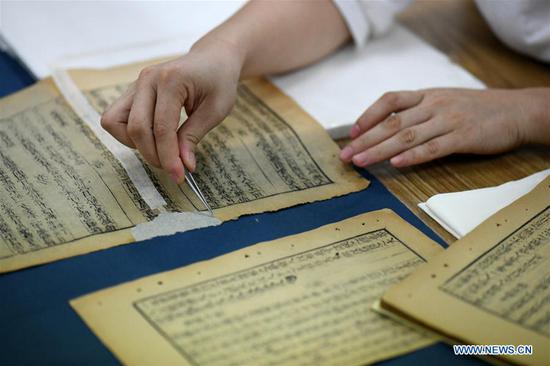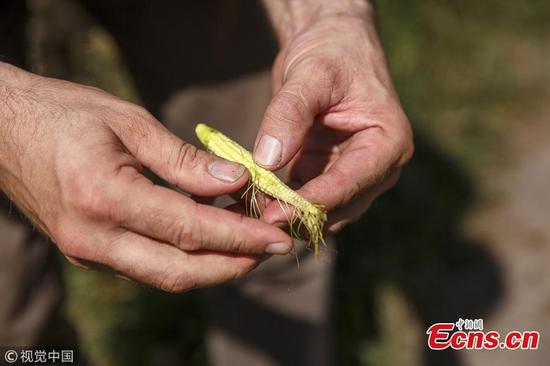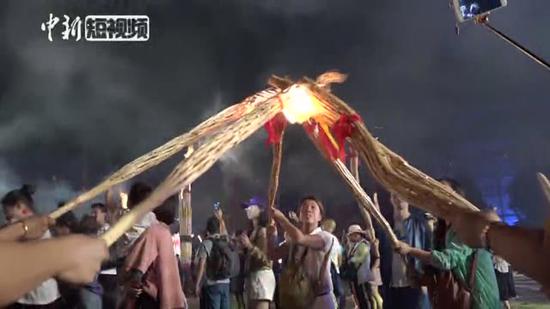As the end of the summer holiday approaches, Chinese elementary and junior school students increasingly find themselves bogged down in too many school assignments. However, the emerging illegal ghostwriting services such as writing reading notes and copying over written works offered on different online platforms seem like a great “help” to them.
“Contact the customer service - tell the requirements – set the price – mail the notebook - pay the agreed fee - get the returned manuscript,” that’s the chain with which ghostwriting industry is making a pretty penny alleviating students’ burden, according to a report by Xinhua News Agency on Sunday.
Through the instant messaging app WeChat, the journalist got in touch with one ghostwriting institution, asking to write an essay of no less than 500 Chinese words on the topic of “I’m going to be a Junior Three student.” The customer service replied soon and asked 50 yuan (about 7.3 US dollars) and 25 yuan deposit first. Discounts are offered for more “homework order.”
The journalist got the essay the next day as promised and was informed except for the summer homework, he could reach the ghostwriters for students’ daily homework as well. In an advertisement posted online, transfer payment records and recent favorable comments are posted to soliciting business.
In another telephone interview conducted by the China Education Network Television (CENT) last week, one ghostwriting agency even provided the handwriting imitating service, as many Chinese schoolchildren are supposed to transcript new-learned words repetitively in their homework.
On Taobao, China’s largest e-commerce platform, although there are no searching results under the keywords “ghostwriting summer homework” or “writing for pupils,” you can still find out shops undertake such services. Some advertisements in the name of individuals can also be seen on the social media platform Weibo.
College students are reported to be the main force of the ghostwriters. Plenty of time in the summer and the desire to earn pocket money make them come to “help.”
Under the slogan of “burden alleviation,” Chinese education authorities have been trying to cut back on homework for primary school students for years.
However, more and more Chinese parents tend to arrange their children’s spare time, including vacations, for extracurricular classes. Students apparently can’t bear the homework form by both the school and the cram school.
“Although too much homework is a problem, you can’t connect it with buying ghostwriting services, which is an act of fraud in itself,” said Xiong Bingqi, deputy director of the 21st Century Education Research Institute.









